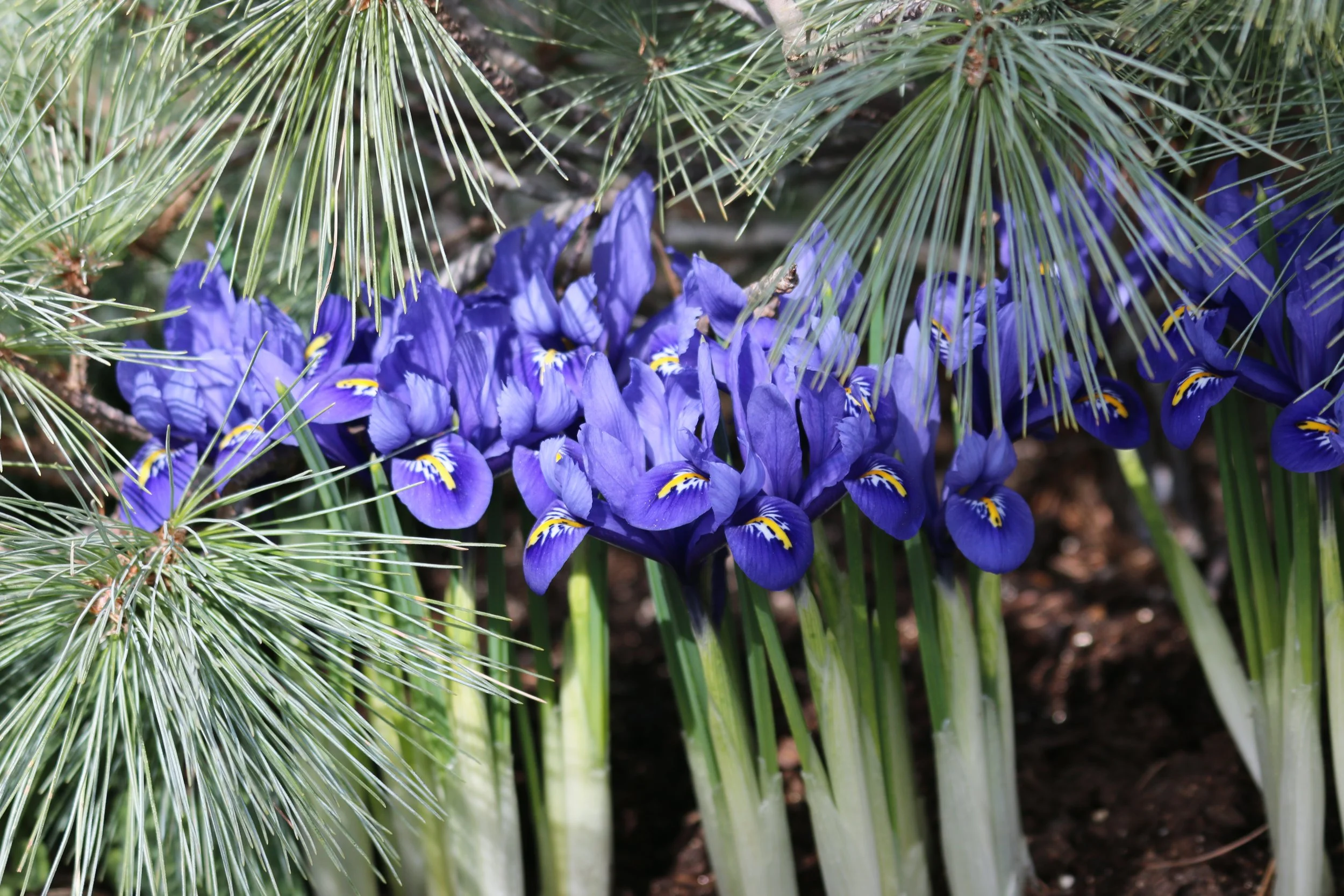Sponsoring Organization: MSU Extension
Date: September 10th - October 22nd
Start Time: 6 pm
End Time: 9 pm
Location : Kalamazoo Nature Center 7000 N. Westnedge Ave. Kalamazoo, MI 49009-6309
Description of the Event:
Michigan Conservation Stewards Program participants learn about the history of conservation activities in Michigan, ecological principles, ecoregional classifications, and how to make choices to manage our natural resources. In addition to this foundation, participants learn about terrestrial ecosystems (forestlands and grasslands) and aquatic ecosystems (wetlands, lakes and streams) through classroom and in-field instruction.
Becoming a conservation steward involves the completion of the following:
Classroom and field-based training led by experts in various fields of conservation and natural resources, including lectures, interactive learning and field experiences;
Self-paced online learning modules provided via Michigan State University's Desire2Learn (D2L) course management interface which participants will complete on their own; and
Volunteer service including the completion of an in-class Capstone Project related to an area of interest as well as additional community volunteer service related to restoring and conserving Michigan's ecosystems.
Mission
The mission of the CSP is to deliver high quality, locally-based training opportunities to create an informed Michigan citizenry who will practice community-based volunteer conservation management activities.
Vision
The CSP is a collaborative effort among community-based volunteers and partners, leading conservation organizations and agencies, and educational institutions throughout Michigan. This collaboration contributes to a statewide network of dedicated, well-prepared and well-organized volunteer conservation stewards who understand, promote, support, actively contribute to and/or lead significant conservation management activities on public and private lands.
Conservation stewards will provide a strong, informed constituency for the state's natural resources and biodiversity. These volunteers will engage in informed, scientifically-based conservation stewardship activities to enhance resource management and sustain healthy ecosystems across Michigan, including land and water management, ecological monitoring, restoration and public education. The network will be supported by an "academy" of statewide and local learning communities and colleagues from across Michigan who has expertise in the science of conservation stewardship.
The hallmark of the Michigan CSP is that it seeks to bring together local conservation and stewardship communities through ecosystem-based training experience combined with 40 hours of required service. An in-class Capstone Project must also be completed, and counts toward the initial 40-hour service requirement. The training program provides a balanced, integrated, practical course in ecosystems, conservation and land management. Additional topics or follow-up sessions may be provided during the year according to local needs and resources.
The Michigan CSP will:
Provide baseline ecological and natural resource conservation knowledge and skills. MSU Extension provides the formal training program. Instructors include staff from MSU, MSU Extension including Michigan Natural Features Inventory, the Michigan Department of Natural Resources (MDNR), experienced conservation stewards volunteers and a diverse mix of experts from local conservation organizations.
Coordinate, support and recognize volunteers who take part in stewardship service on partner lands and projects. Volunteer activities include those involving ecological monitoring, management, restoration, planning and decision-making as well as conservation education and outreach.
Complement ongoing restoration, ecological monitoring and resource management projects throughout Michigan.
CSP consists of the following components, totaling approximately 45+ hours of instruction:
Seven in-person sessions will be held on one evening a week from 6 - 9 p.m. (21 hours of instruction):
Program Overview
Michigan Conservation Heritage
Ecological Foundations and Ecoregions
Terrestrial Ecosystems : Grasslands
Invasive Species/Climate Change
Aquatic Ecosystems: Streams
Capstone Projects and Commencement
Two full-day Saturday field sessions will be held on Saturdays from approximately 9 a.m. to 4 p.m. (14 hours of instruction):
Terrestrial Field Experience
Aquatic Field Experience
Self-paced online learning modules will cover the following content (approximately 10-12 hours):
Michigan's Unique Conservation Heritage and Making Choices for Natural Resources Management
Ecology 101
Forests and Forest Ecosystems and Management 101
Lakes Ecosystems and Management
Wetland Ecosystems and Management
Climate Change/Invasive Species
Initial CSP requirements consist of:
45+ hours of basic ecological training (including attendance at in-person sessions as well as completion of online learning modules, and completion of required assignments, activities, learning reflections and program evaluations).
40 hours of conservation service annually (opportunities will be shared by the local office of MSU Extension and local partners as they become available). An in-class Capstone Project must also be completed, and counts toward your initial 40-hour service requirement.
In subsequent years, 8 hours of advanced training plus 20 hours of volunteer service are for annual recertification (as selected by the individual conservation steward).
Fall 2018 Course Offering Information
Kalamazoo County: September 10th - October 22nd
Seven weeknight sessions on Mondays (6 - 9 p.m.) and two Saturday field sessions (September 22 & October 13, 9-5 pm). Registration fee is $250/person.
For more information, contact Anna Kornoelje (akornoelje@naturecenter.org), Beth Clawson (clawsonb@anr.msu.edu) or Misty Klotz (klotzmis@msu.edu).
REGISTER HERE
St. Clair County: September 11th - October 23rd
Seven weeknight sessions held on Tuesdays (6 - 9 p.m.) and two Saturday field sessions (Sept. 22 & Sept. 29, 9 - 5 p.m.). Limited partial scholarships are available.
For more information, contact Kirsten Lyons (stewardship@scriver.org or 810-294-4965).
Oakland County: September 15th - October 24th
Six weeknight sessions held on Wednesdays (6 - 9 p.m.) and three Saturday field sessions (Sept. 15, Sept. 29, October 20, 9 - 5 p.m.). Registration fee is $250/person. Limited partial scholarships are available.
For more information, contact Bindu Bhakta (bhaktabi@anr.msu.edu) or Cathy Morris (248-858-1639).
For general program information, please contact Shari Dann, MSU Extension Conservation Specialist (sldann@anr.msu.edu or 517-432-0267) or Bindu Bhakta, MSU Extension Natural Resources Educator (bhaktabi@anr.msu.edu or 248-858-5198).
Education Credit Hours: N/A

